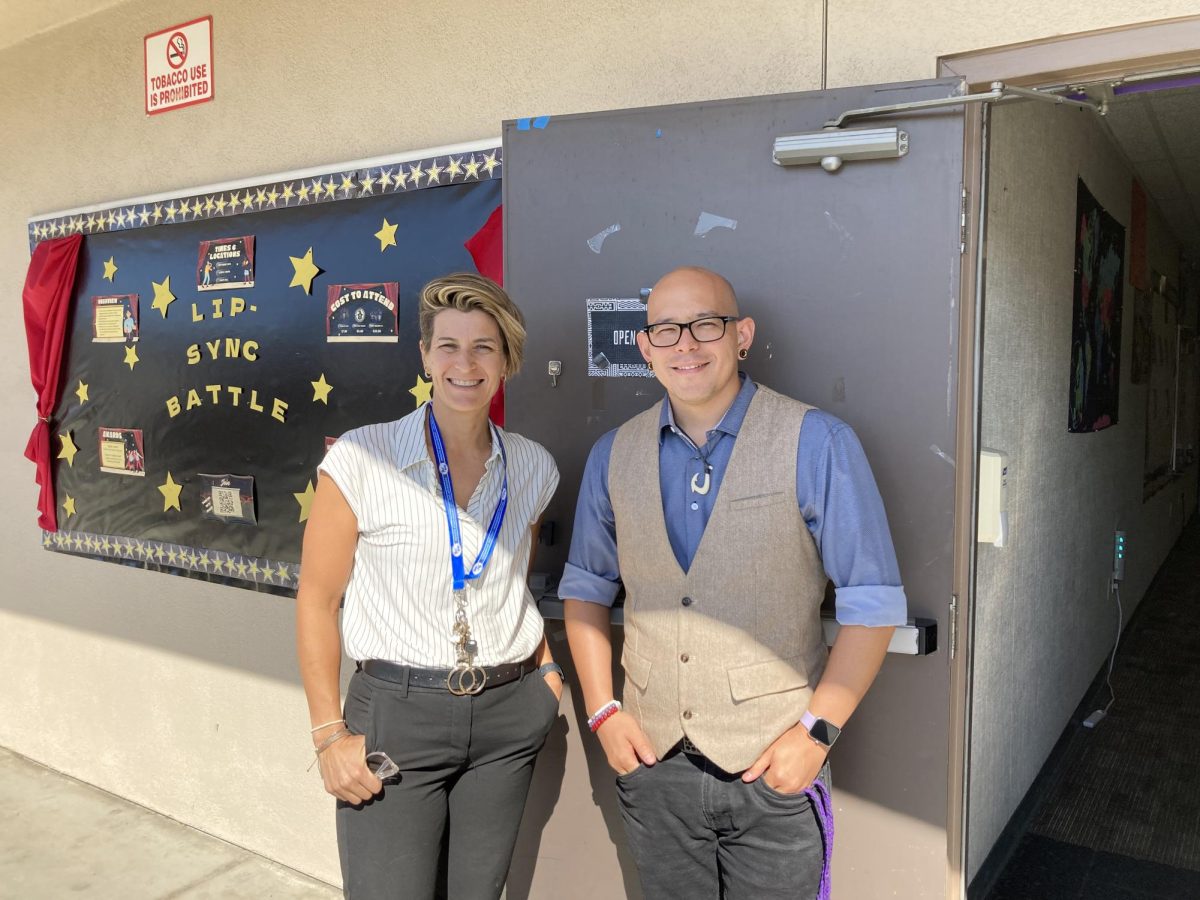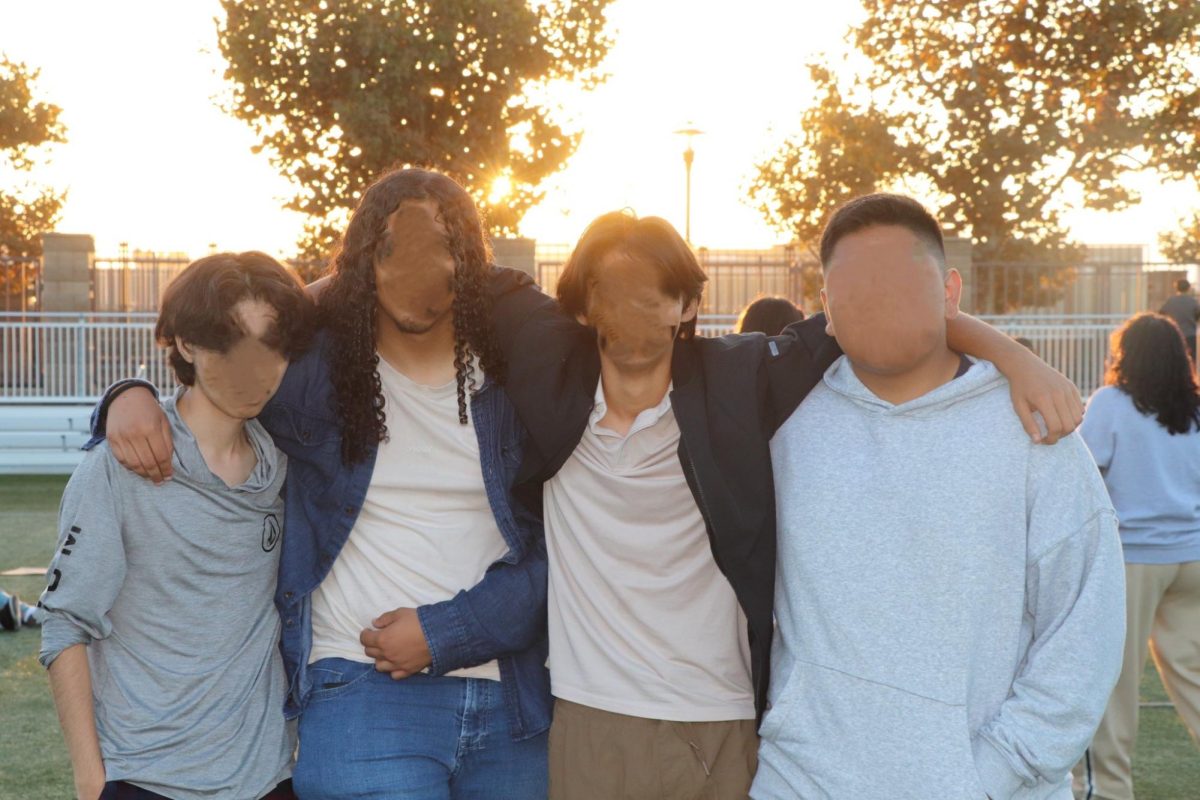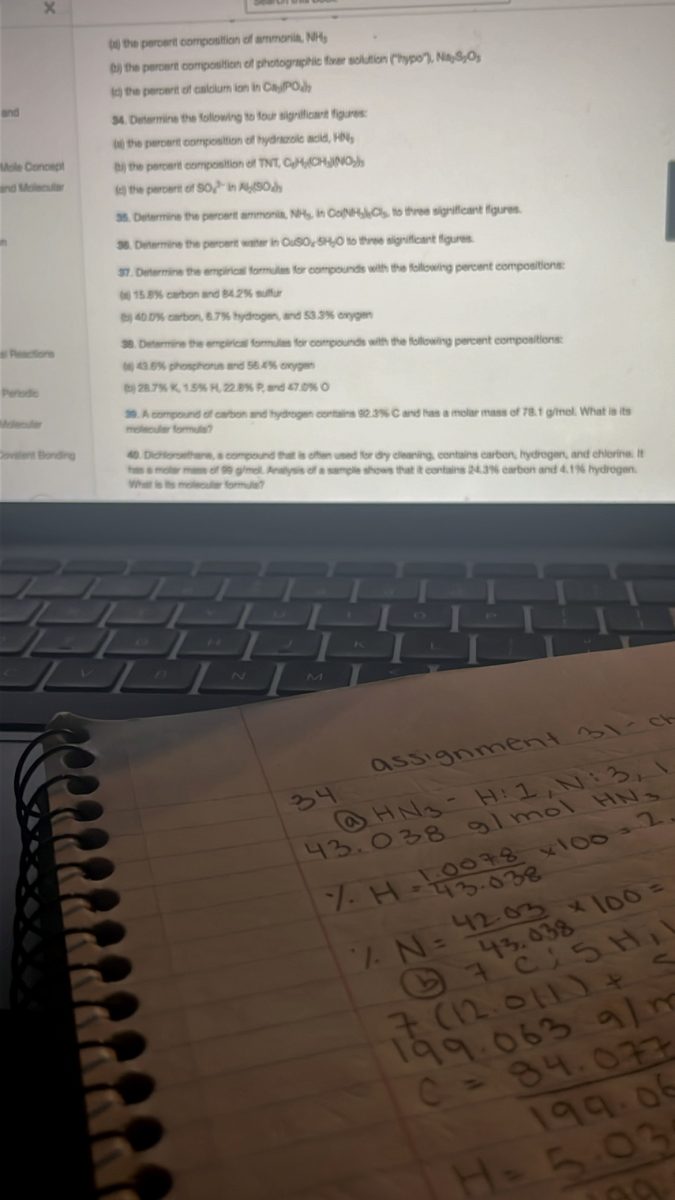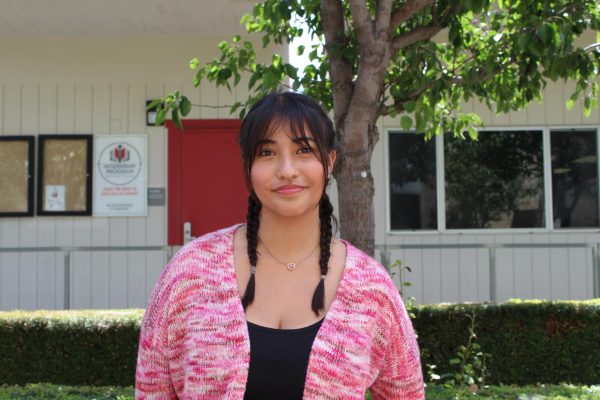Missing assignments. Showing up late to class. Not wearing makeup. Not getting enough sleep. Eyebags. Submitting late assignments. Long naps. Unfinished projects. Negotiating extensions with teachers. This is what students may look like at the end of the year trying to salvage their grades and GPAs before it becomes permanent on their school transcript for the year.
At the end of the school year, everyone is tired and drained. We all just look forward to the part where we get to go home and perhaps rest. Many students need to catch up or make more progress than what they had by this time of year. Many students decide to give up because they lack the motivation to keep up with their assignments. Some students will turn in late assignments between the last two weeks of school because of the adrenaline rush they feel to have a final attempt to raise their grades. School is an exhausting experience, but the end of the year is when we feel it the most.
In the survey I conducted, 94.6% of students reported that they were experiencing burnout. The top three symptoms the students who took the survey reported were feeling overwhelmed, stressed and tired. The ways they reported manifestations of these symptoms were through the way they rested a lot, which led to missing and late assignments.
Both of these outcomes of resting and inability to turn in work led to the negative emotions they were experiencing.
“I tried to relax for a day but it backfired, and I was left with a bunch of missing assignments and low grades. Now, I’m trying to rapidly turn them in and [catch up] to get good grades. All these finals and extra tests aren’t helping,” junior Anthony Nuñez said.
Because our thoughts, feelings and emotions are all interconnected we must focus on that. Otherwise, we will continue to be in the neverending cycle due to the student burnout we are experiencing.
In the article, “Academic burnout as an educational complication and promotion barrier among undergraduate students: A cross-sectional study,” burnout is defined as a psychological syndrome primarily characterized by emotional exhaustion and accomplishing less, which is seen as a response to stressors.
Junior Nhu Lam expressed how many of us have numerous goals we are trying to accomplish while simultaneously maintaining ourselves well.
“The last few weeks of school are definitely very stressful, especially for those who have to juggle between school, community services, family and even job(s). With that being said, it’s very important for us to take care of ourselves whenever we can,” Lam said.
When we are feeling stressed and tired, we should prioritize our health as well. If we need a nap, then we should take one. If not, we may face negative emotions, which can contribute to burnout.
Junior Rosa Marcano has time-consuming extracurricular activities that take away from her energy to complete her work.
“Having an extracurricular every day after school during these last few weeks makes me [so tired] that my brain stops working, which I think it already had like 2 weeks ago. Currently, [I am] going through an academic downfall,” Marcano said.
When work isn’t being completed, it results in late assignments, but there is a possibility that they can be locked. When the assignments are locked, many students try to negotiate with the teachers, to receive partial credit or any credit. However, some teachers are exhausted and are trying to prevent their own burnout, so they might not take the assignments.
Students have expressed their gratitude to these teachers.
“Teachers who accept late work without taking points off have my heart,” Anonymous said.
When we feel overwhelmed, we should prioritize self-care and coping strategies. It is okay to be behind, but we should also try to maintain passing grades we are content with. Students should remember that this is the home stretch; we are almost finished with the school year, and we will have breaks throughout the summer with fewer classes and less stress from school.


































